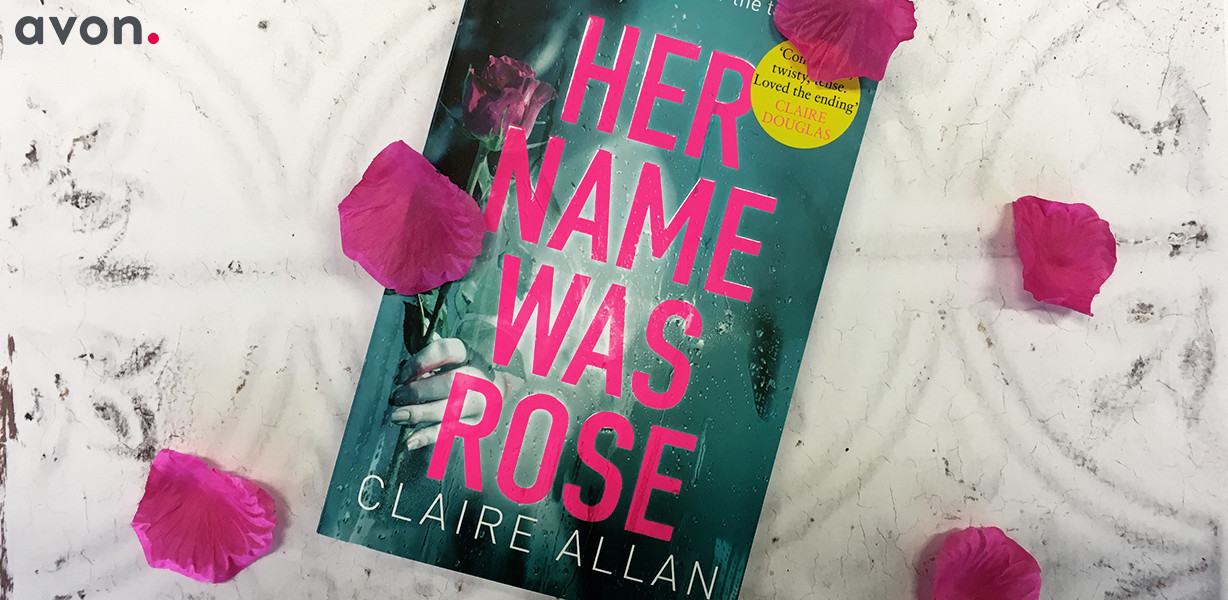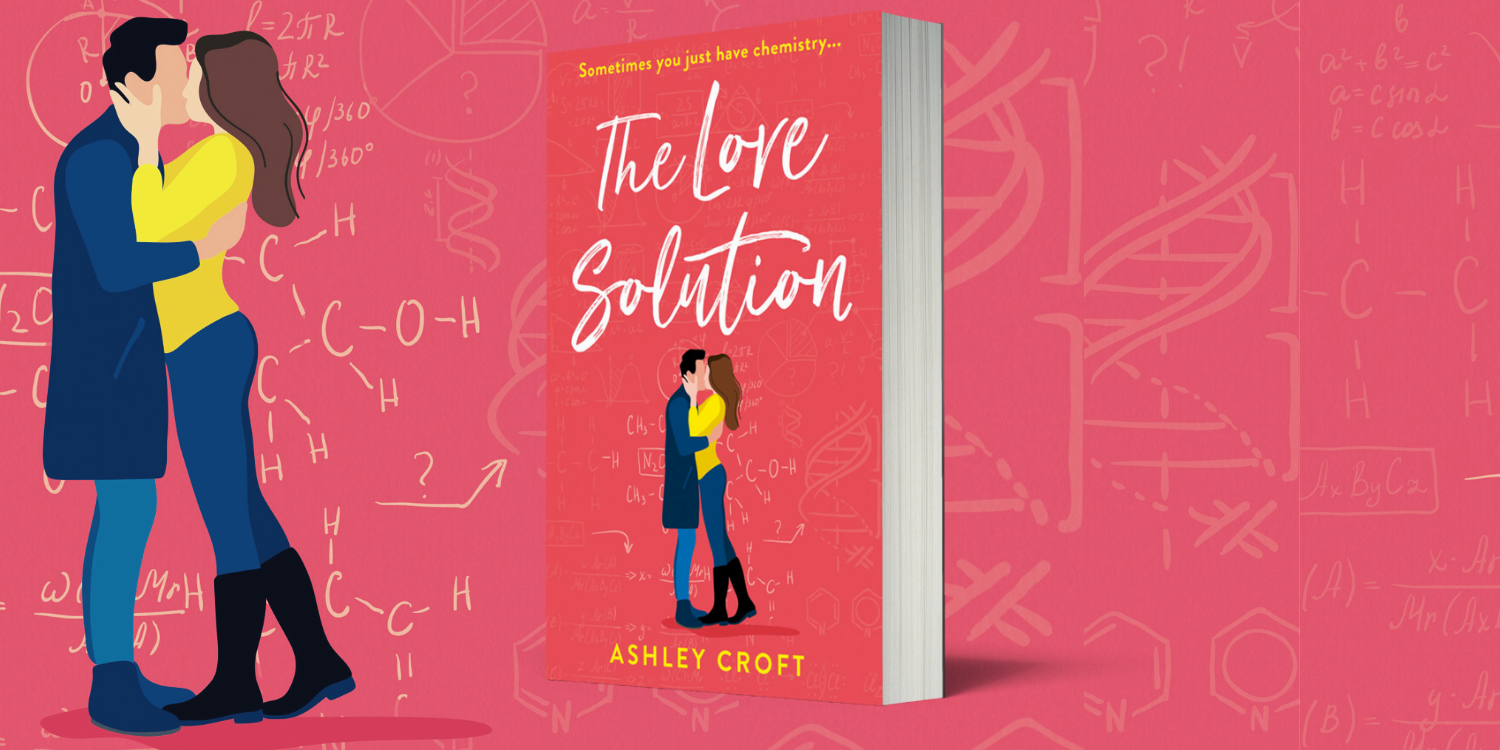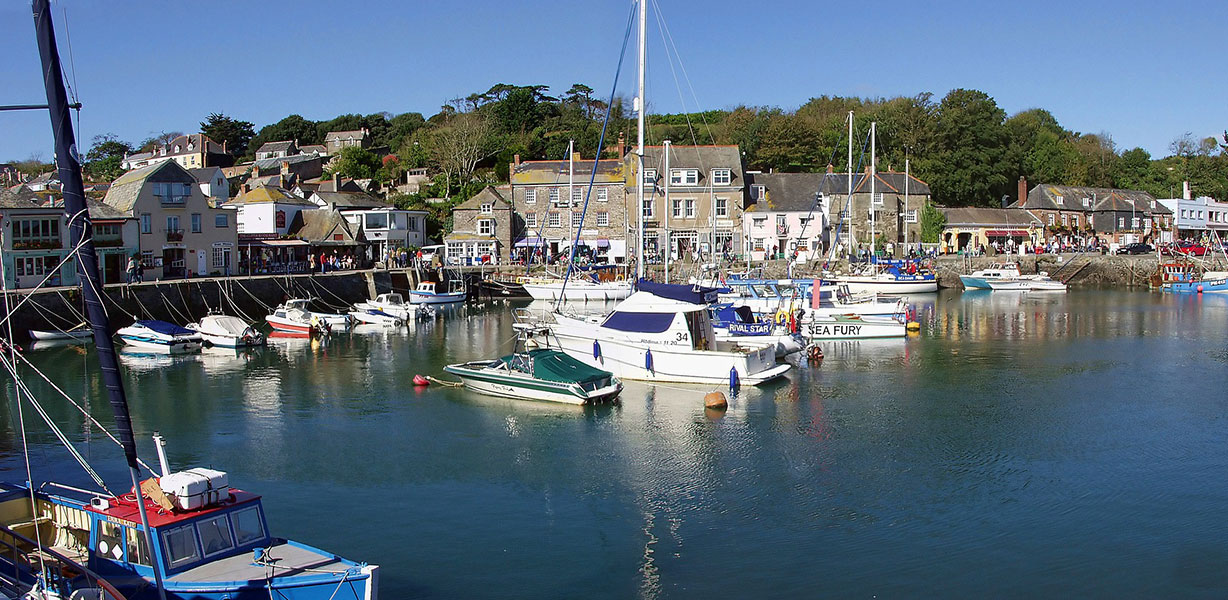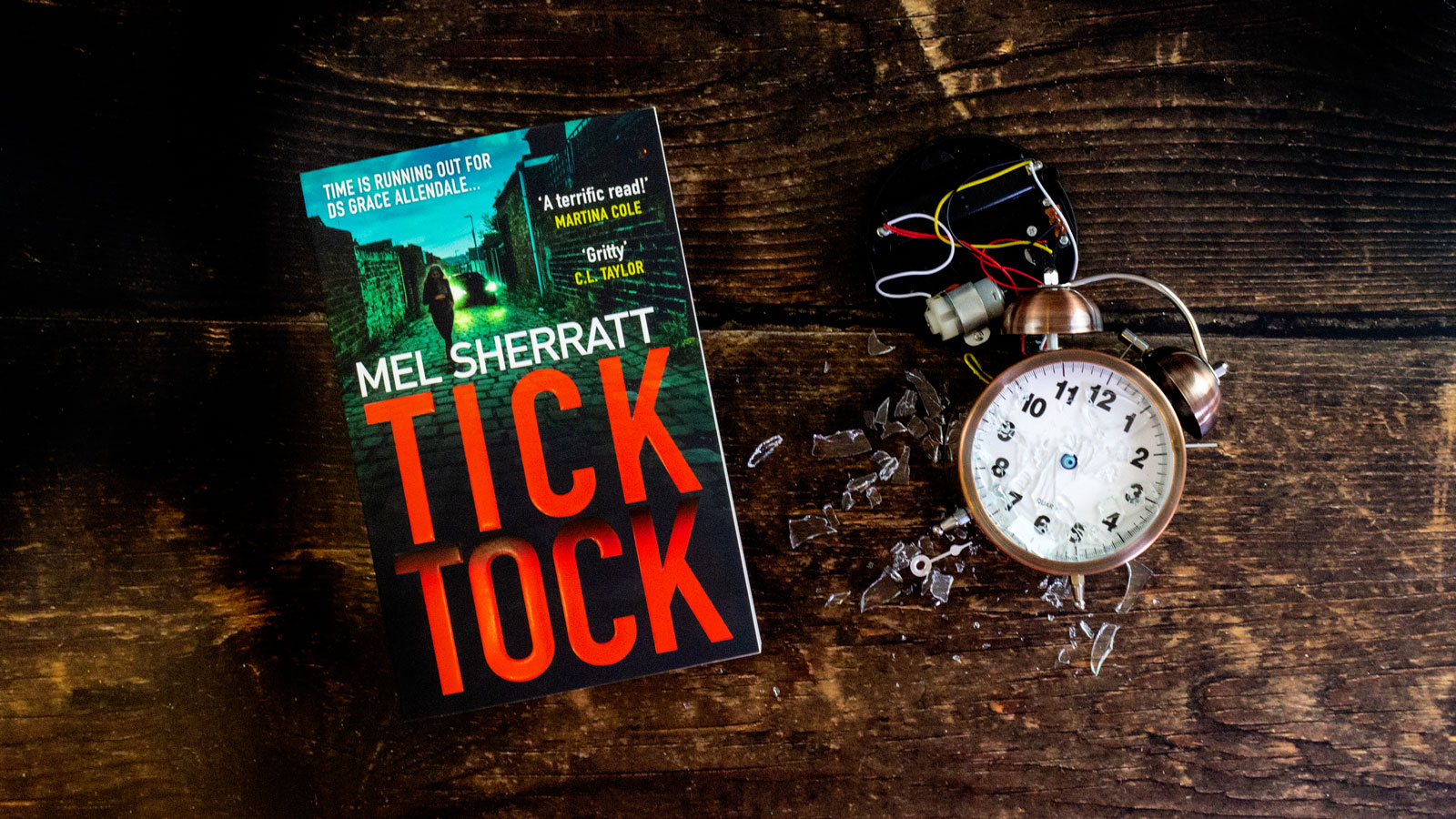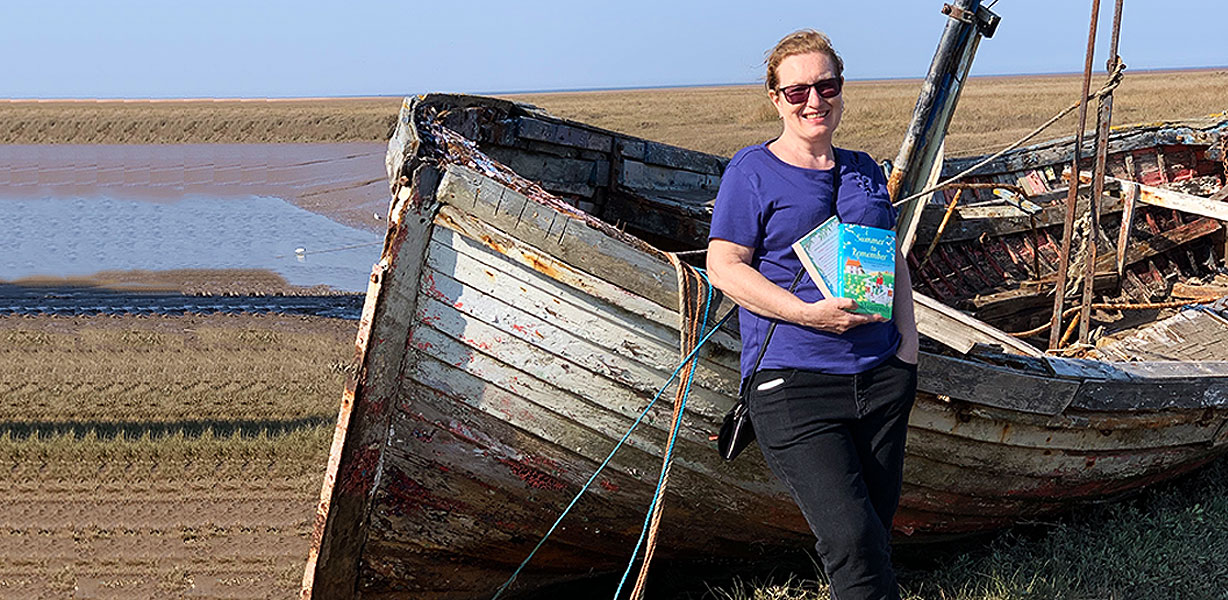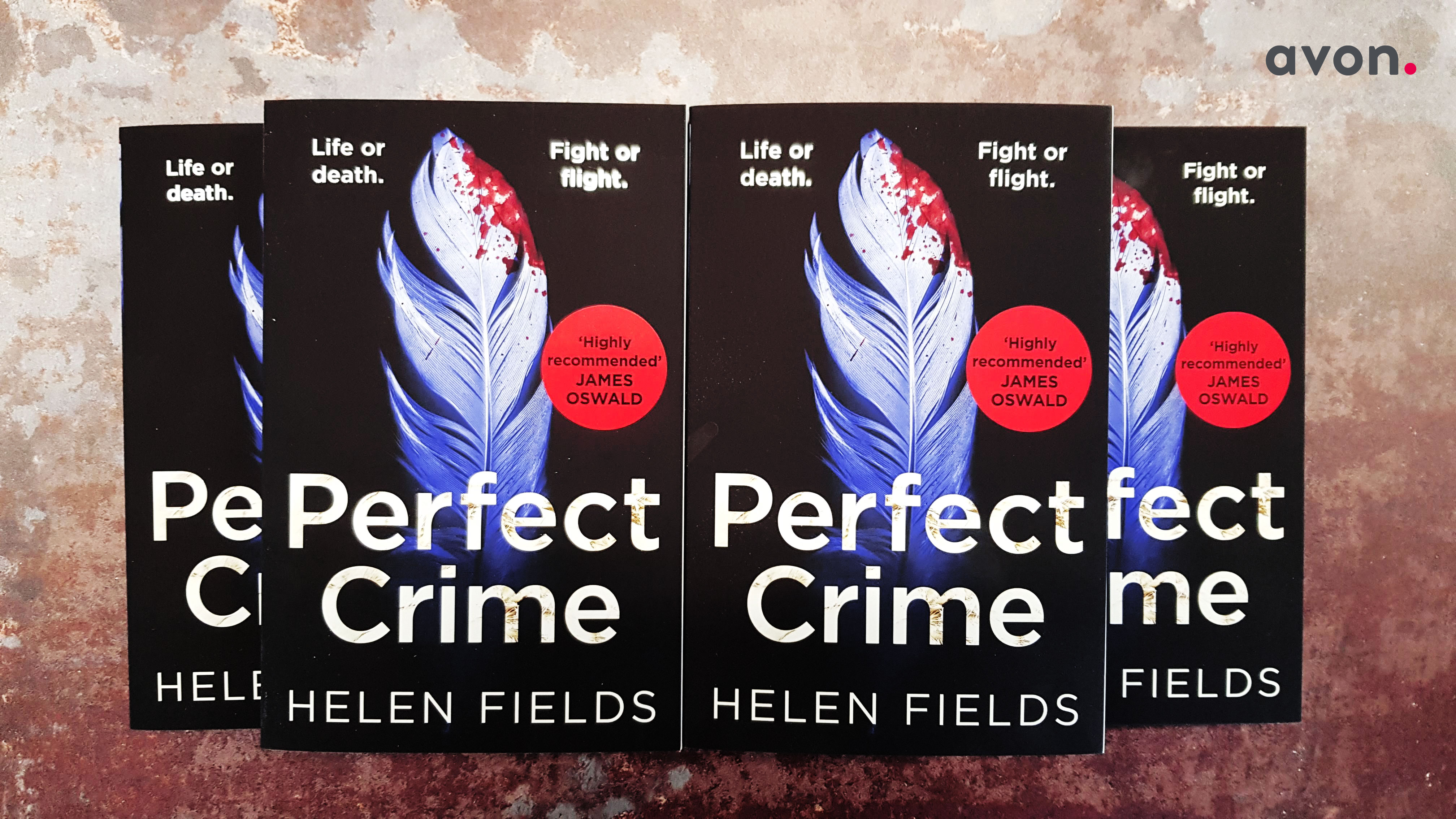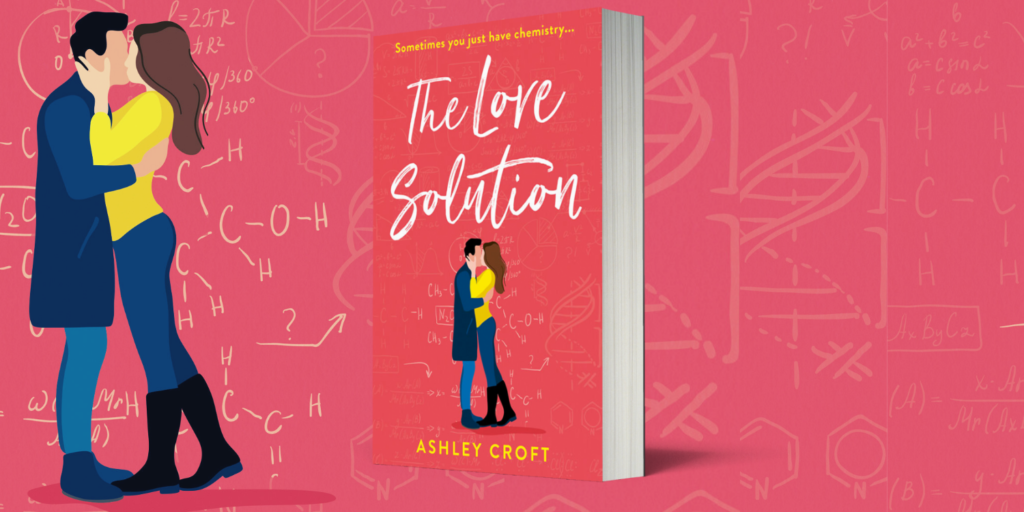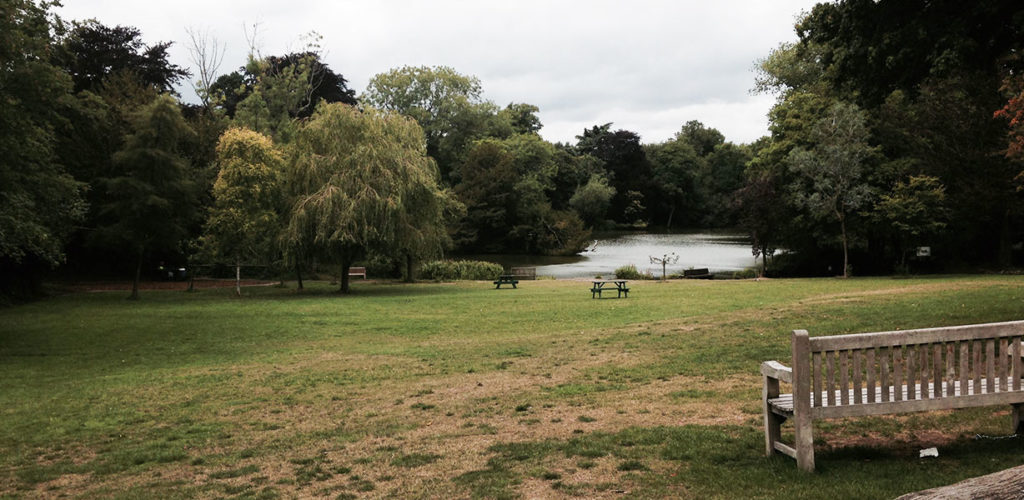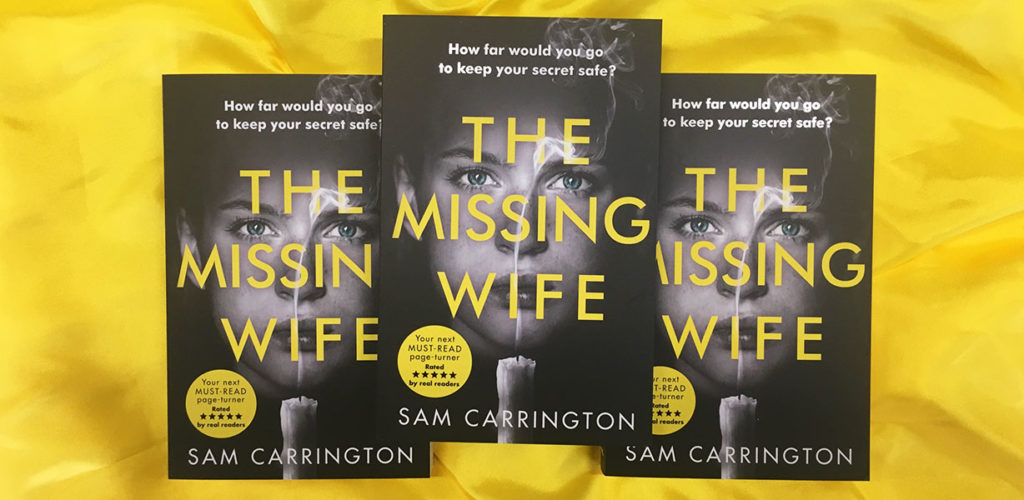From the age of 14 I was obsessed with women’s fiction. I dreamed of writing books like my heroes – Maeve Binchy, Patricia Scanlan, Sheila O’Flanagan and then, as I grew a bit older, Marian Keyes.
I wanted to tell stories of real, flawed, fearless and extraordinary ordinary women and when I as 29 I finally put pen to paper, and my money where my mouth was, and penned my first women’s fiction novel Rainy Days & Tuesdays. I secured a publishing deal with Irish publisher Poolbeg Press (who had at one time published those heroines of my younger years) and just after my 31st birthday, I saw my book land in the Irish Times top ten bestsellers.
I followed Rainy Days & Tuesdays with seven other women’s fiction titles – each of them a little different. Some were light hearted, some dealt with serious issues such as domestic abuse, infertility, family breakdowns and lone parenting. As I wrote books seven and eight, I even tried a little historical fiction element and The First Time I Said Goodbye, which was based on a true love story, went on to become my most successful book to date.
The truth was, I was turning 40 and having a little bit of a mid-life crisis.
So then why, eight books in, did I suddenly decide to completely change pace and start writing psychological thrillers? And how easy (and sensible!) was it to effectively start again 10 years into a writing career? The truth was, I was turning 40 and having a little bit of a mid-life crisis. A bit of a health scare had caused me to rethink my ambitions and my life. So, deciding I had to change the pace a little, I took the opportunity of availing of a generous voluntary redundancy package from my 17 year journalism career, and thought about the book I really, really wanted to write.
I wanted to challenge myself professionally and creatively. While I love women’s fiction and I love writing women’s fiction, I had started to feel as if I wanted to write something a little darker. (Perhaps the brush with ill health had awakened my dark side?).
I still never really thought I’d go full psychological thriller though. As a writer, I have always been a bit of a “pantser” – which is a writing term for someone who doesn’t rely too much on planning and just writes where the story takes them.
To me, there was no way a psychological thriller author could be a pantser, and in no way was I a plotter. I liked the freedom of letting a story surprise me. (I also thought people who write crime were exceptionally smart and probably a bit evil and I didn’t see myself that way!)
So I wrote a book I thought was brilliant, but not too dark and it didn’t get picked up. I got a lot of “nearly but not quite” responses which I cried buckets over, because after eight published novels, I thought I knew what I was doing. I was, in hindsight, hopelessly naïve. You can’t write dark unless you research dark and more importantly, research how to write dark.
“Give yourself permission to fully unleash your dark side.”
I also had some invaluable feedback from an industry editor who, very kindly, told me if I was going to go dark, I needed to GO DARK. “Give yourself permission to fully unleash your dark side”. Those eight words were life changing.
But not as life changing as actually sitting down and re-learning how to write. I studied books on writing. Blog posts on plotting. Blog posts on characterisation. I wrote pages and pages that described my characters’ quirks – details I knew would never ever make it to a finished book.
And then I did what I had never done before. I plotted. Charts, and Post It notes, and graphs, and new software (Scrivener) was installed onto my trusty MacBook which allowed me to file those notes, and graphs into computerised folders for easy access. (Yes, I even dream-cast my characters, mostly using actors from Grey’s Anatomy). By the time I started writing Her Name Was Rose I already knew about 80% of what would happen in the book (I had to keep a little 20% behind for the pantser in me).
Writing the book, plotting, releasing my dark side and challenging myself was, without a doubt, the most exhilarating writing experience of my life. I remember thinking that even if this book never gets published, it will have achieved one very big and important thing. It allowed me to fall head over heels in love with writing again. I gave myself freedom to be creative on a whole new level and it was magical.
Yes, I still love women’s fiction. In my downtime from plotting murder, mystery and intrigue I still write love stories with added comedy because it is a love that will never leave me. But the pride I feel in Her Name Was Rose is untouchable and it is richer for having to work so hard, and learn so much more, just to write it.
Needless to say I was overjoyed when the team at Avon decided they liked it too, and the day I received an email of an offer was one that I will never forget. I couldn’t speak, I just gave my mother the thumbs up.
The risk had been worth taking and a whole new chapter of my writing career, which I had never anticipated, was just about to start.
